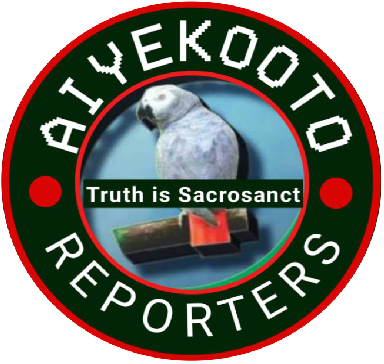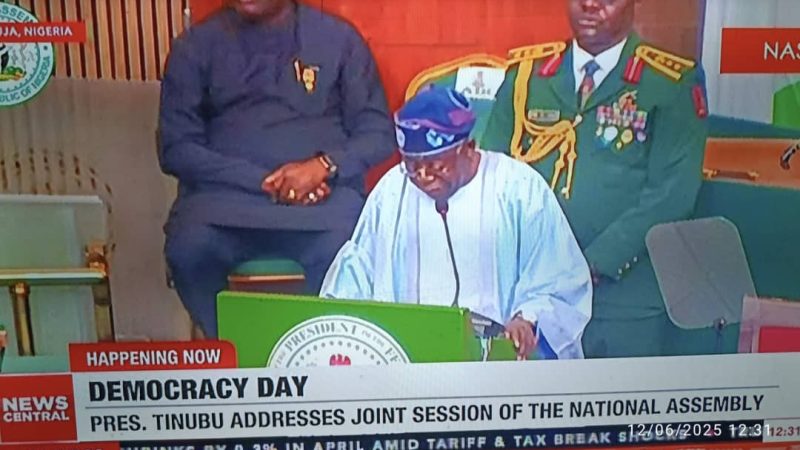Mark Okoye Briefs Tinubu On SEDC 100 Days
President Bola Ahmed Tinubu has expressed strong satisfaction with the progress of work of the South East Development Commission (SEDC) in the past 100 days, and charged the commission to “fast-track execution and deliver impact.”
President Tinubu expressed his satisfaction with the commission when the SEDC Managing Director and Chief Executive Officer, Mark Okoye II, briefed him on the 100-day report of the SEDC.
“Earlier today, I had the honour of briefing His Excellency, President Bola Ahmed Tinubu, GCFR, on the 100-day report of the South East Development Commission (SEDC).
“Mr. President expressed strong satisfaction with our progress — from our bold vision to catalyze a $200B regional economy through collaboration with state governments and the private sector, to our #RenewedHope programs and strategy to align SEDC’s efforts with the aspirations of the South East,” Okoye said after he met with the President at the Presidential Villa Abuja.
Noting that for students of history, this moment was deeply significant, Okoye said “Since the end of the civil war in 1970, no Nigerian President — military or civilian — had granted the South East’s longstanding request for a development commission focused on reconstruction and rehabilitation. Mr. President broke that 54-year jinx. Thank you, Boss.”
He said: “Mr. President’s charge to me was clear: fast-track execution and deliver impact.”
The SEDC, covering Abia, Anambra, Ebonyi, Enugu, and Imo states, was officially established on July 24, 2024, when President Tinubu signed its bill into law, marking a historic milestone for the region.
It has as its mission, “to drive sustainable development, economic growth, and unity in the South East through strategic investments and empowerment initiatives.” The commission’s vision is to position the South East as the preferred investment destination in Africa by 2035.
Its board was inaugurated on February 12, 2025, signaling the beginning of operations aimed at addressing decades of post-war neglect and fostering regional growth









